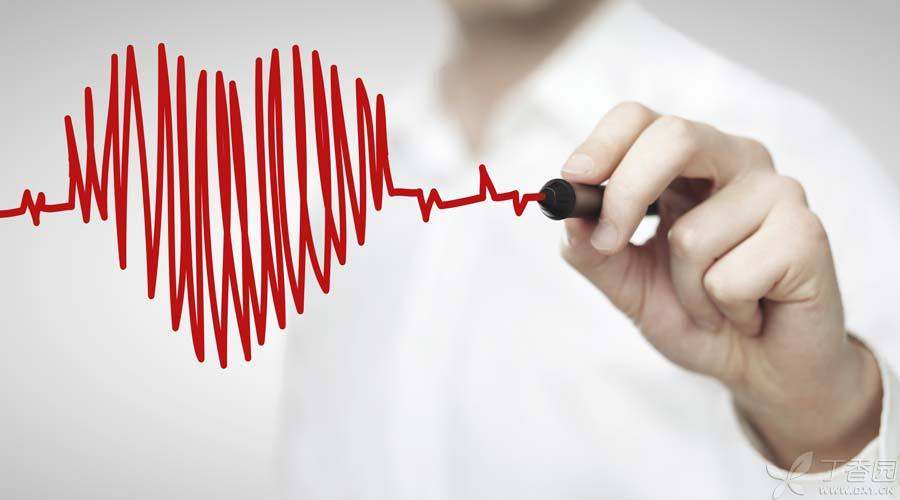
For ordinary people, understanding their heart rate is a very important thing to monitor their health.
Usually, the heart pumps a certain amount of blood into blood vessels every time it beats, thus causing blood vessels (or arteries to be precise) to beat.
Therefore, the pulse number of healthy people is usually equal to the heart rate, which refers to the number of times the heart beats in one minute. If it is a person suffering from some peripheral vascular diseases, counting the pulse to measure the heart rate is not necessarily accurate.
There are great differences between people. However, with the growth of age, The number and rhythm of heart beats, commonly known as heart rate and rhythm, will change to some extent. On the one hand, these changes reflect the changes in the health status of the heart itself, on the other hand, they also reflect the effects of other factors on the heart. Therefore, monitoring the heart rate can reflect the health status of people to some extent.
How detects heart rate?
The most convenient way is to feel the pulse. It can usually be detected in these areas:
- The palmar side of the wrist; Medial side of elbow fossa; Neck side; The back of the foot.
Place your finger at any of the above parts, start timing when there is movement under your finger, and record the number of beats under your finger within 60 seconds, which is the heart rate.

What kind of heart rate is normal?
Generally speaking, in a calm state, the heart rate of a normal person should be between 60 and 100 times per minute.
However, it should be noted that, Not less than 60 times is a sign of illness. Taking certain drugs, It will reduce the heart rate. For many strong people who often take high-intensity exercise, Their heart rate is also often below 60 beats per minute. This is because the heart muscles of this group of people are very strong and do not need to maintain [high frequency] beats like ordinary people. Just like a person with high vital capacity, a balloon can be blown up in one breath, while for a person with poor vital capacity, it takes many blows to blow up the balloon.
However, the moderate intensity of exercise in life will not have a great impact on the resting heart rate. Only those who often do high-intensity exercise will have a large change in heart rate, which may even be lower than 40 beats per minute in resting state.
What are the factors that affect heart rate?
In addition to individual exercise, other factors that affect heart rate include:
(1) Temperature: When the temperature rises, the pump volume of the heart will increase slightly and the heart rate will increase accordingly. However, the increase usually does not exceed 5 to 10 times per minute.
(2) Position: Usually, a person’s heart rate is basically the same when he is in the lying position, sitting position or standing position. However, during a short period of time from other positions to standing position, the heart rate may accelerate slightly, but then gradually return to normal.
(3) Emotions: Excessive pressure, excessive anxiety or great joy and sorrow may lead to increased heart rate.
(4) Body shape: Generally speaking, body shape has little effect on heart rate. Obese people may have a slightly faster heart rate than the average person, but usually it will not exceed 100 beats per minute.
(5) Drugs: Adrenoceptor blockers (such as betaloc) can slow heart rate. If drugs for thyroid diseases are not used properly, heart rate will also be affected.
Circumstances requiring attention
For patients taking certain receptor blocker drugs, doctors usually require them to monitor and record their heart rate. These data can help doctors to judge whether they need to change the dosage or change drugs, etc.
However, for the average person, if it is found that the heart rate is too low, or there is often a burst of heart rate acceleration inexplicably, even soreness, weakness, vertigo, fainting and other conditions, it is necessary to seek medical treatment in time.
You know, heart rate is one of our important vital signs. Therefore, regular heart rate testing is responsible for one’s health.
Did you measure your heart rate today?
